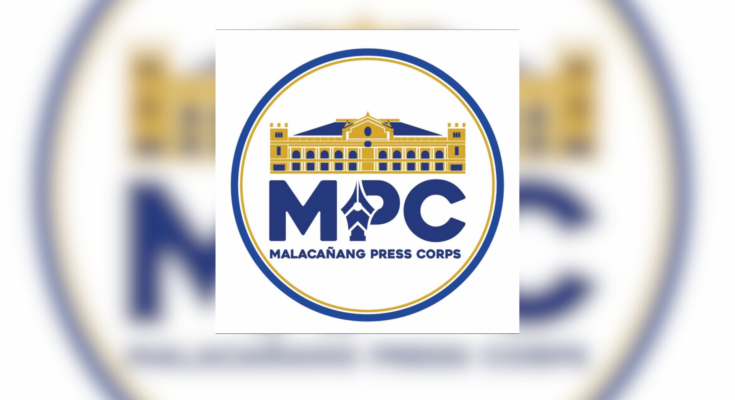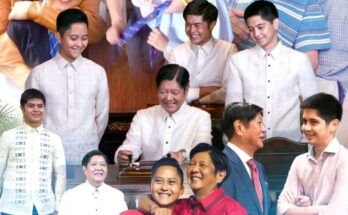THE Presidential Communications Office (PCO) has deferred the implementation of its new media accreditation guidelines following concerns raised by the Malacañang Press Corps (MPC) that the proposed rules could undermine newsroom autonomy.
On April 25, the PCO issued a memorandum introducing stricter requirements for journalists covering the Palace, citing the need for “only the best among the best of seasoned journalists” to report on what it described as “the most prestigious beat.”
The new guidelines — issued amid PCO’s internal reorganization and its leadership role in the ASEAN 2026 national organizing council — proposed a more rigorous vetting process. Key provisions included: a five-year minimum existence requirement for media organizations; at least one year of employment in the nominating media outlet for reporters; prior experience in political or government reporting; mandatory attendance at Palace briefings and adherence to professional ethics and decorum.
Accreditation could be revoked for misconduct, false reporting, security violations, or falsified documentation.
Originally scheduled for April 29 to May 2, the submission of requirements was deferred after a meeting between PCO officials, led by Secretary Jay Ruiz, and MPC officers.
During the dialogue, the MPC highlighted how some rules could disadvantage newer media organizations and journalists, particularly younger staffers.
They also flagged the vagueness of terms like “false reporting,” expressing concern about potential misuse.
Both parties agreed to collaborate on refining the guidelines to balance stricter standards with press freedom.
The PCO asked the MPC to submit a formal position paper by May 2 to guide the revisions.
In a statement, the MPC reaffirmed its commitment to safeguarding the rights of Palace reporters, supporting self-regulation in the media, and upholding ethical and independent journalism.





